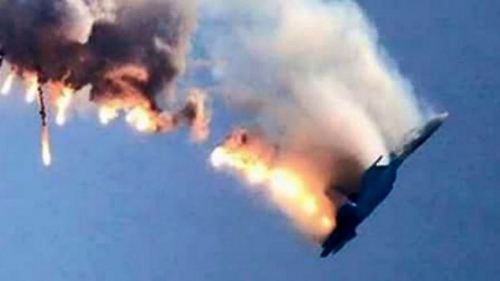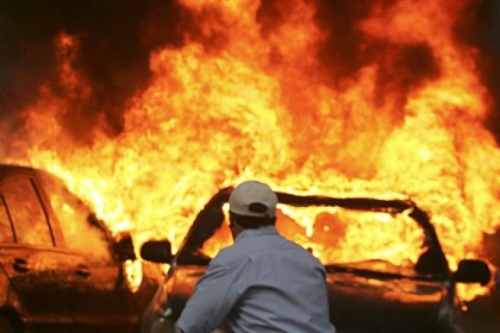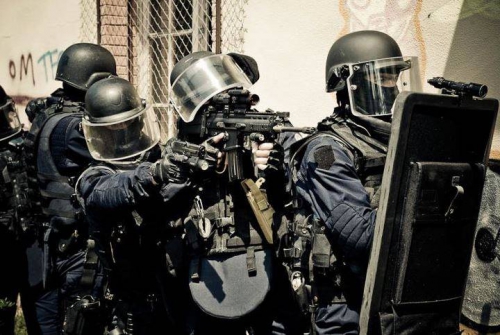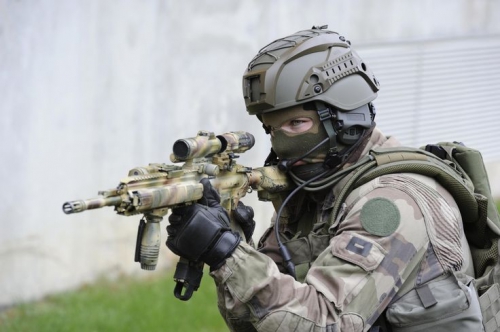C’est l’incident aérien le plus grave jamais survenu entre un membre de l’OTAN et la Russie depuis 1950. Mardi 24 novembre, un Soukhoï 24 (SU-24) de l’armée de l’air russe a été abattu par deux F-16 turcs dans la région du Hatay, au nord-ouest de la Syrie. Selon les informations de prochetmoyen-orient.ch, fondées sur plusieurs sources militaires russes et celles de deux services européens de renseignement, l’avion russe évoluait dans l’espace aérien syrien, à une quinzaine de kilomètres de la frontière turque et ce sont bien les deux F-16 turcs qui ont pénétré dans le ciel syrien en suivant une « procédure d’interception directe », lancée contre l’appareil russe.
Cette opération aurait été directement initiée et gérée par l’état-major central des forces armées turques basé dans la banlieue d’Ankara. Elle aurait été programmée au lendemain des frappes effectuées quelques jours auparavant par Moscou contre des camps de jihadistes turkmènes, dans le nord-ouest de la Syrie. Et cette mission de représailles était d’autant plus importante pour le commandement d’Ankara, qu’une dizaine de membres des forces spéciales turques, engagées aux côtés des jihadistes sur territoire syrien, font partie des victimes des raids de la chasse russe.
Plusieurs informations supplémentaires renforcent cette lecture d’une opération programmée dont le Pentagone était parfaitement tenu informé, presque heure par heure… Selon les sources de prochetmoyen-orient.ch, 27 chars déployés dans des provinces occidentales de la Turquie avaient été acheminés sur des plateformes ferroviaires à Gaziantep, dans le sud du pays, d'où ils avaient gagné la frontière syrienne sous escorte de la police et de la gendarmerie. Dans ce contexte, l’état-major turc menait l’une des manœuvres inter-armées les plus importantes des dix dernières années le long de sa frontière syrienne. Selon un communiqué de l'état-major général, cette opération a réuni 18 chasseurs F-16. Enfin, nos sources confirment qu’Ankara a bien consulté Washington avant d’abattre le SU-24 !
Sans surprise, le président Barack Obama a aussitôt exprimé son soutien à la Turquie, deuxième armée de l’OTAN, en avançant son « droit à défendre l’intégrité de son territoire national », juste avant Jens Stoltenberg, le secrétaire général de l’Alliance, qui a affirmé sans ciller que l’avion russe avait bel et bien violé l’espace aérien turc ! Plus discrète mais sans ambiguïté, Angela Merkel y allait elle-aussi de son soutien obligé à Ankara. En effet, il s’agit de ne pas indisposer Recep Erdogan qui continue d’exercer son chantage aux migrants sur une Union européenne (UE) tétanisée qui s’apprête à lui verser trois milliards d’euros. Ce pauvre Jean-Claude Junker, qui préside la Commission comme un club de foot de deuxième division, n’a pas compris que ce « loyer » n’était que la caution d’un bail très éphémère. Erdogan fera boire à l’UE le calice jusqu’à la lie en exfiltrant, au coup par coup et selon son agenda et ses impératifs, les réfugiés des guerres proches et moyen-orientales qui campent à ses frontières.
Ce chantage aux migrants n’est qu’une carte supplémentaire dans le jeu d’Erdogan qui prétend poursuivre ses procédures d’adhésion à l’UE au moment même où il bombarde prioritairement des combattants kurdes pourtant engagés au sol et en première ligne contre les terroristes de Dae’ch et alors qu’il accentue sa dérive fascisante en menaçant toujours plus les libertés civiles et politiques. Ce n’est pas la question du jour, pourrait-on dire, mais elle constitue un handicap originel, sinon original : comment l’UE peut-elle sérieusement continuer à envisager l’adhésion d’un pays qui occupe l’un de ses Etats membres depuis 1974 ? Comment s’accorder sur des « valeurs européennes communes », alors qu’Ankara n’a toujours pas reconnu le génocide arménien ? Etc..
Ces détails de l’histoire n’encombraient certainement pas les consciences de Margaret Thatcher et de Ronald Reagan, estimant - à l’unisson en leur temps - que pour tuer l’Europe politique, il fallait l’élargir à l’infini pour la transformer en un grand marché, une espèce de grande Suisse néolibérale en y intégrant prioritairement les anciens membres du Pacte de Varsovie et la Turquie, porte-avions de l’OTAN, veillant à l’articulation stratégique de l’Europe et de l’Asie. Nous y sommes : Thatcher et Bush ont gagné ! Leurs héritiers - Bush/Obama, Blair/Cameron, Sarkozy/Hollande - suivent la même ligne et en rajoutent. Détruisant tout ce qui subsistait de l’héritage gaullien, Paris a rejoint le commandement intégré de l’OTAN. L’UE se charge désormais d’interdire les fromages à pâte molle pendant que l’Alliance Atlantique s’occupe des choses sérieuses… Et c’est principalement cette évidence géostratégique, sur la table et aux yeux de tous, qui empêche la formation d’une seule et unique coalition contre Dae’ch et le terrorisme salafo-jihadiste.
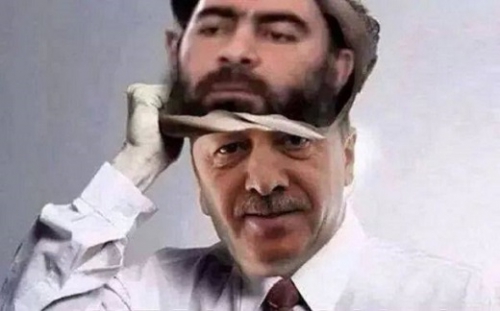
Dans les limites de cette imparable équation et après le crash de l’avion russe dans le Sinaï, les attentats de Beyrouth, Bagdad, Paris et Tunis, il était sans doute pertinent de rencontrer personnellement cinq chefs d’Etat ou de gouvernement , dont trois membres permanents du Conseil de sécurité des Nations unies. Mais le bilan de ce marathon diplomatique est plutôt maigre, estime un diplomate français qui a suivi la tournée de très près : « toujours plus démocratiques que Sa majesté, nos ‘amis’ britanniques ont promis d’ « intervenir » à nos côtés après un débat aux Communes ; les Allemands ont promis quelques boîtes de choucroute aux coopérants militaires présents en Irak ; le Pentagone nous transmettra du renseignement transgénique tandis que les Chinois relisent Confucius… Restait Vladimir Poutine, qui avait proposé exactement ce que souhaite aujourd’hui François Hollande, fin septembre à la tribune de l’Assemblée de l’ONU… avant de se faire éconduire poliment - à cause de l’Ukraine notamment. Il a eu la délicatesse de ne pas revenir sur le fiasco des porte-hélicoptères Mistral… »
Mais là, c’est François Hollande qui est gêné aux entournures. « Notre travailleur de la mer reste accroché au bigorneau du « ni-ni » (ni Dae’ch-ni Bachar), sans repérer la pieuvre et ses multiples tentacules qui menacent la profondeur des ondes planétaires », poursuit notre diplomate qui conclut : « mais surtout, comme membre à part entière d’une OTAN dont la France vient de réintégrer le Commandement intégré, le président de la République peut difficilement faire cavalier seul avec le camarade Poutine ! Sur ce plan, Barack Obama reste le patron incontesté et donne le « la ». Ce que nos lumières du Quai d’Orsay ont le plus grand mal à comprendre : c’est précisément que le président américain ne mène pas sa ‘guerre contre la terreur’ avec le même logiciel que celui de Laurent Fabius ». Et François Hollande ne peut plus, désormais parler de « coalition » avec Moscou mais doit s’en tenir à une simple « coordination »concernant les frappes !
Un téléphone rouge relie déjà les états-majors américain, russe et syrien afin d’éviter que tous leurs avions n’entrent en collision ou ne se tirent dessus. Ankara n’a pas décroché le même combiné… Cet oubli n’est pas un dysfonctionnement et correspond au contraire à une implacable logique. Au début de son deuxième mandat, Barack Obama avait clairement dit que les intérêts des Etats-Unis à l’horizon 2040 se situaient dans l’Asie-Pacifique et en Asie centrale, reprenant mot pour mot la définition des priorités « eurasiatiques » du Polonais Zbigniew Brzezinski. Toujours très influent parmi les stratèges démocrates, cet ancien conseiller à la Sécurité de Jimmy Carter estime depuis la fin de la Guerre froide que les Etats-Unis doivent décentrer leurs engagements moyen-orientaux pour les redéployer en Asie afin de contenir la Chine et de prévenir le retour stratégique de la Russie, d’où une nécessaire normalisation avec l’Iran notamment.
Ainsi le Pentagone gère les crises irako-syriennes, israélo-palestiniennes et pakistano-afghanes en fonction de celle de l’Ukraine, de celles d’Europe centrale, régulièrement attisées par la Pologne et la Lituanie, ainsi que des nouveaux foyers de confrontation, dont le Grand nord arctique[1] où un partage des richesses naturelles et des positions stratégiques s’annonce des plus problématiques… Dans la plupart de ces déchirures de la mondialisation contemporaine, l’UE fait fonction de cheval de Troie de l’OTAN qui avance masqué, son programme de bouclier anti-missiles sous le bras. Cette nouvelle arme a deux fonctions essentielles : achever le démantèlement des industries européennes de défense dont celle de la France éternelle et essouffler celles de la Russie et de la Chine comme le fît, en son temps, le programme reaganien de « guerre des étoiles ».
Par conséquent, il était organiquement impossible que Barack Obama accepte la proposition de Vladimir Poutine d’une coalition unique anti-Dae’ch, comme il est inconcevable de voir François Hollande pactiser, plus que de raison, avec le président russe. C’est d’une aveuglante évidence : la Guerre froide se poursuit tranquillement par d’autres moyens… depuis le démantèlement du Pacte de Varsovie et les consolidations successives d’une OTAN dont la principale mission demeure la reproduction de l’hégémonie stratégique, économique, politique, sinon culturelle de Washington et de ses supplétifs.
A cet égard, le lancement à grand tam-tam de la série policière Occupied constitue l’un des derniers symptômes du déferlement de la propagande néoconservatrice qui submerge nos médias depuis plusieurs années. Publicité : « Qu'aurions-nous fait pendant l'Occupation ? Aurions-nous eu le courage de résister à l'envahisseur ou la lâcheté de continuer à vivre presque comme avant ? Telle est l'obsédante question soulevée par la série Occupied, diffusée à partir de ce jeudi soir sur Arte à 20 h 55. À l'origine de ce thriller politique au budget de 11 millions d'euros, l'écrivain norvégien Jo Nesbo, qui a imaginé l'invasion de la Norvège par la Russie ». Sans commentaire !
La question demeure depuis la chute du Mur de Berlin : pourquoi ne pas avoir démantelé l’OTAN, comme on l’a fait avec le Pacte de Varsovie pour initier un nouveau système de sécurité collective englobant l’ensemble de l’Europe continentale de l’Atlantique à l’Oural ? Inconcevable pour Washington où la grande majorité des policy makers se considéraient comme seuls vainqueurs de la Guerre froide, sûrs de leur droit historique à engranger sans partage les dividendes de la nouvelle donne. Et comme toujours, le Pentagone et Hollywood devaient justifier, habiller et moraliser les profits de leur infaillible messianisme : l’OTAN partout, c’est pour le bien de l’humanité tout entière…
Le 27 mai 1997, Javier Solana - à l’époque patron de l’OTAN - et Boris Eltsine (à jeun), signaient à Paris un « Acte-fondateur OTAN-Russie ». Sans cynisme, Washington saluait un « partenariat naturel ». Ses propagandistes communiquaient : « l'Acte fondateur OTAN-Russie instaure solidement la base d'un partenariat de sécurité permanent entre les deux parties, balayant l'idée qu'elles devaient être ennemies à tout jamais. La signature de l'Acte ne signifie pas que les différences d'orientation ou de vues s'évanouiront du jour au lendemain. Mais elles pourront s'estomper, au fil du temps, à travers un processus de larges consultations régulières sur des questions politiques et de sécurité au sein du nouveau Conseil conjoint permanent. La tâche principale consistera à passer du papier à la réalité en exploitant pleinement les nouvelles occasions ». On connaît trop la suite…
Trois ans auparavant, la Russie avait rejoint le « Partenariat pour la paix », la Russie et l’OTAN signant plusieurs accords importants de coopération. Ces derniers portaient notamment sur la lutte contre le terrorisme, la coopération militaire (notamment le transport par la Russie de fret non militaire de la FIAS en Afghanistan), la lutte contre le narcotrafic, la coopération industrielle et la non-prolifération nucléaire. Puis fut inventé le Conseil OTAN-Russie (COR), une instance de consultation, de coopération, de décision et d'actions conjointes dans le cadre duquel les différents États membres de l'OTAN et la Russie devaient travailler ensemble en tant que partenaires égaux sur toute une gamme de questions de sécurité d'intérêt commun.
Le COR était officiellement créé le 28 mai 2002, date à laquelle le président russe Vladimir Poutine et les membres de l'OTAN signaient sur la base militaire italienne de Patricia di Mare la déclaration de Rome. Le 1er avril 2014, en réponse au rattachement de la Crimée à la Russie, intervenant après la destitution du gouvernement ukrainien de Viktor Ianoukovytch et le coup de force portant au pouvoir à Kiev un gouvernement pro-occidental, l'OTAN décidait unilatéralement de mettre un terme à la coopération avec la Russie, suspendant de fait le conseil OTAN-Russie.
Depuis, nous ne sommes pas sortis de cette domination géostratégique de l’OTAN qui continue à supplanter notre souveraineté nationale et celle de nos partenaires au profit des priorités et des intérêts de Washington. Le mot de la fin provisoire revient à un « économiste atterré » qui nous dit : « nous n’arrivons pas à réguler une mondialisation devenue folle - ‘guerre de tous contre tous’ - qui nous fait régresser à de vieilles logiques westphaliennes où les Etats classiques sont confrontés en permanence à des homologues ‘ Etats faillis’, de plus en plus nombreux, au sein desquels règnent les seigneurs de la guerre, les mafias et les grandes sociétés transnationales majoritairement anglo-saxonnes ».
Richard Labévière, 1 er décembre 2014
[1] François Thual et Richard Labévière : La bataille du Grand nord a commencé… Editions Perrin, 2008.



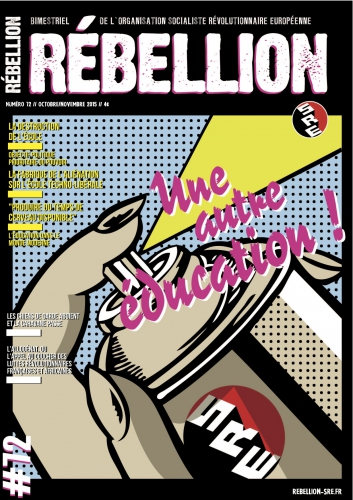

 del.icio.us
del.icio.us
 Digg
Digg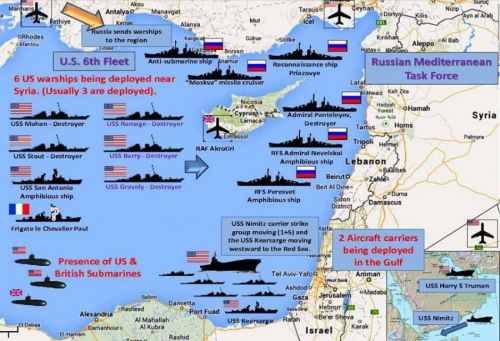
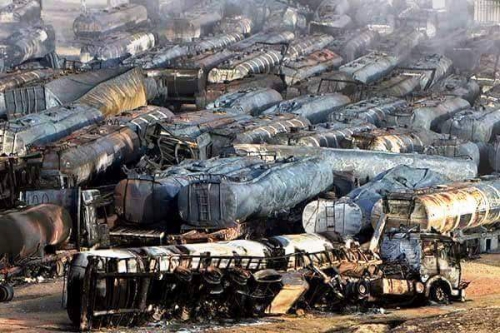

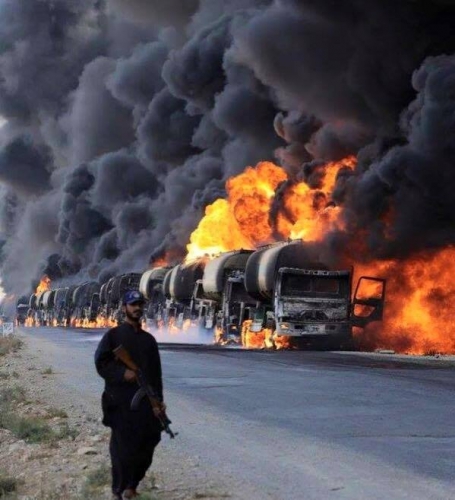
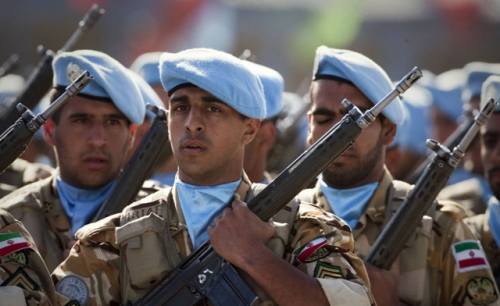
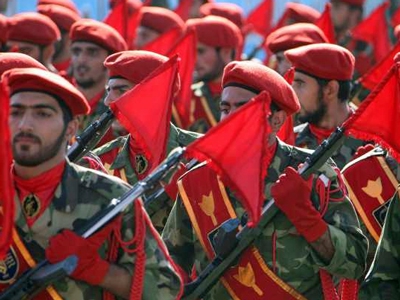 Partant de ce constat, pensez-vous crédible une inflexion de la politique étrangère française en faveur de l’Iran et de la Russie afin de combattre l’État islamique ?
Partant de ce constat, pensez-vous crédible une inflexion de la politique étrangère française en faveur de l’Iran et de la Russie afin de combattre l’État islamique ?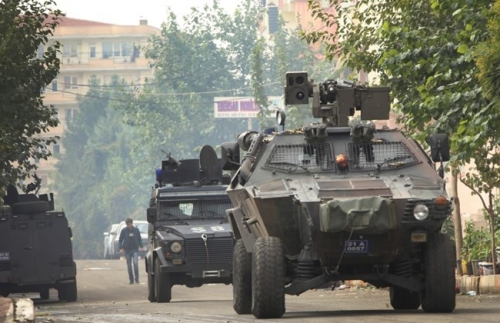
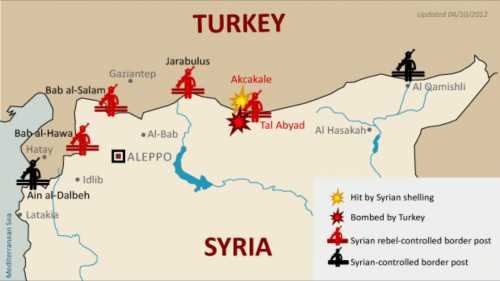
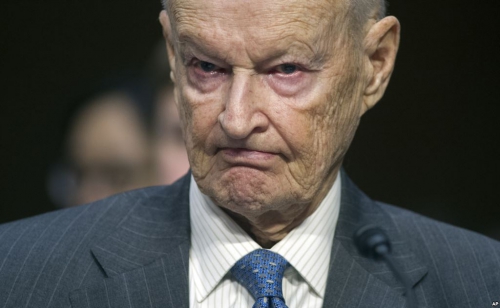
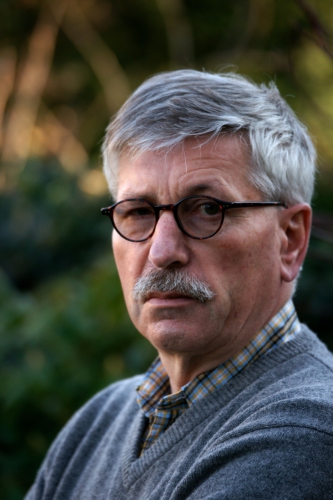
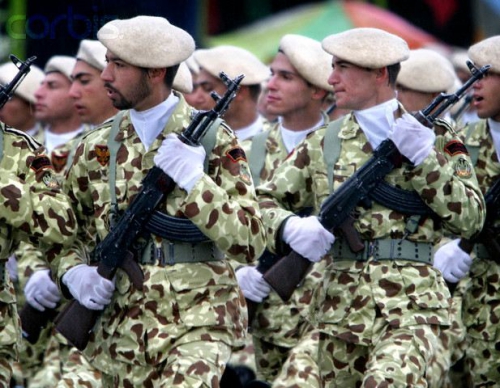


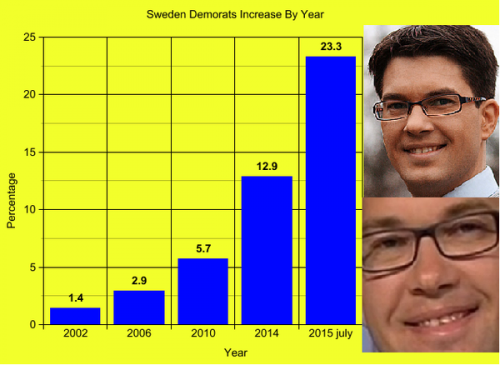
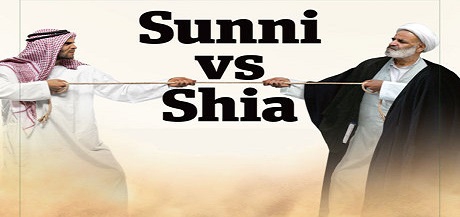
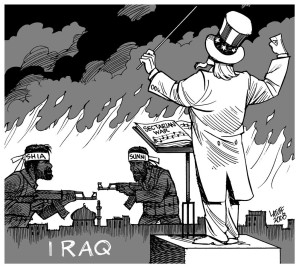 La primera y la segunda fitna, lejos de resolverse en un mero hecho político, están en el origen de la división de la umma islámica en las variantes sunita y chiíta: dos variantes correspondientes a dos perspectivas de la misma doctrina y por lo tanto definibles como “dimensiones del Islam inherentes a ella no para destruir su unidad, sino para hacer participar a una mayor parte de la humanidad y de individuos de diferente espiritualidad”
La primera y la segunda fitna, lejos de resolverse en un mero hecho político, están en el origen de la división de la umma islámica en las variantes sunita y chiíta: dos variantes correspondientes a dos perspectivas de la misma doctrina y por lo tanto definibles como “dimensiones del Islam inherentes a ella no para destruir su unidad, sino para hacer participar a una mayor parte de la humanidad y de individuos de diferente espiritualidad” 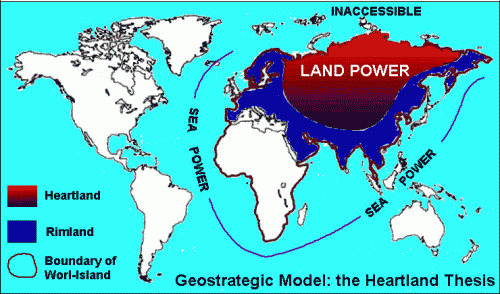
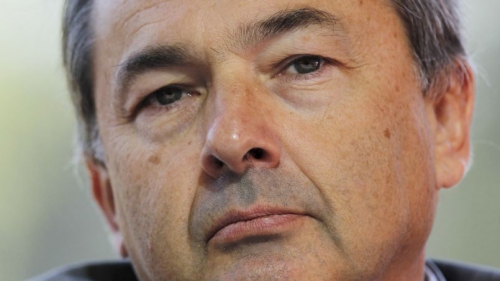
 Politologue et sociologue, Gilles Kepel est internationalement reconnu comme l'un des meilleurs spécialistes du discours djihadiste et de l'islam en France. Voici plus de trente ans qu'il étudie en parallèle l'émergence de l'islamisme radical dans le monde arabe et l'évolution des musulmans dans son pays. Son dernier livre
Politologue et sociologue, Gilles Kepel est internationalement reconnu comme l'un des meilleurs spécialistes du discours djihadiste et de l'islam en France. Voici plus de trente ans qu'il étudie en parallèle l'émergence de l'islamisme radical dans le monde arabe et l'évolution des musulmans dans son pays. Son dernier livre 
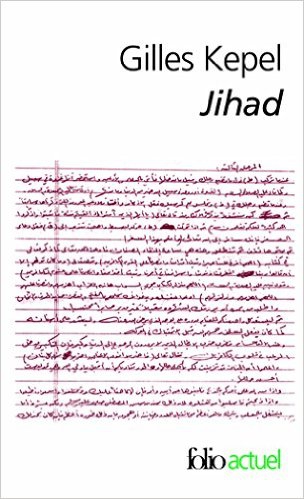

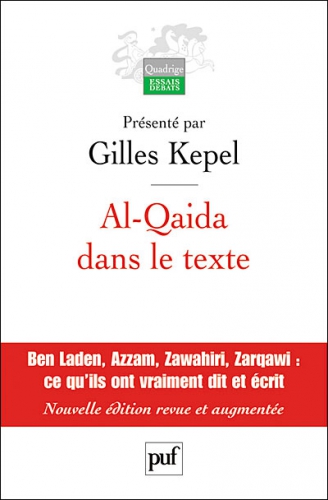 – Si l'on revient à la guerre de Hollande contre Daech, cela représente un tournant pour un pays qui se montrait le plus intransigeant face à Bachar al-Assad...
– Si l'on revient à la guerre de Hollande contre Daech, cela représente un tournant pour un pays qui se montrait le plus intransigeant face à Bachar al-Assad...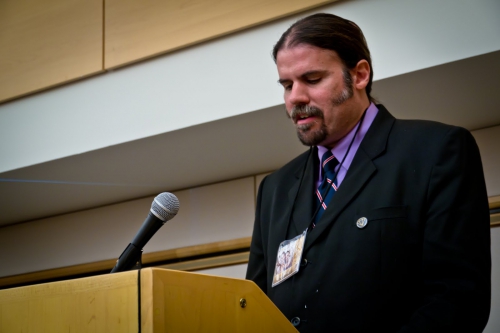
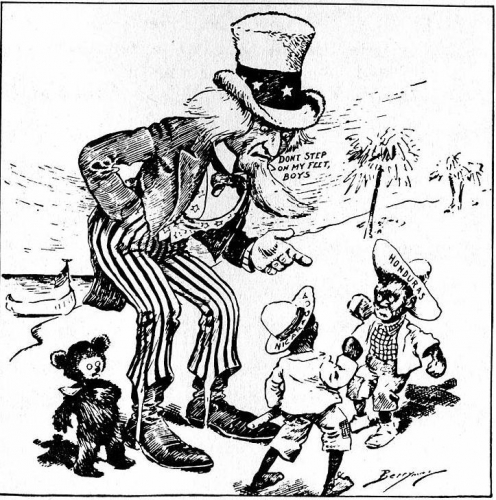
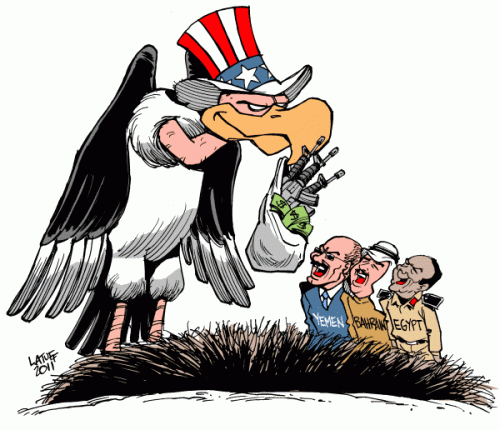
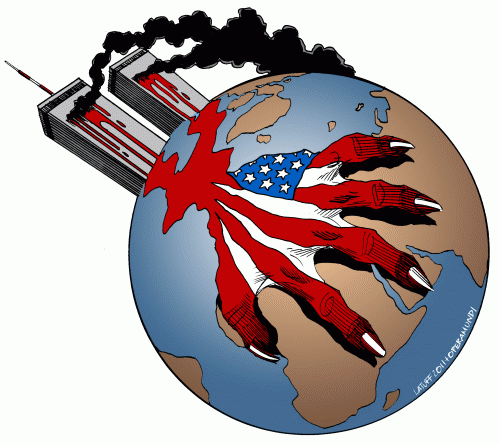
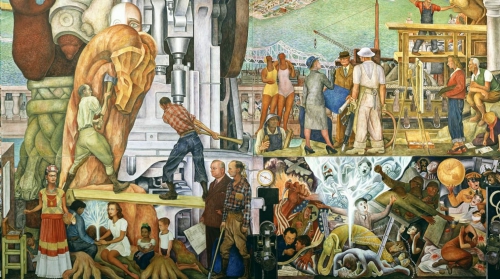

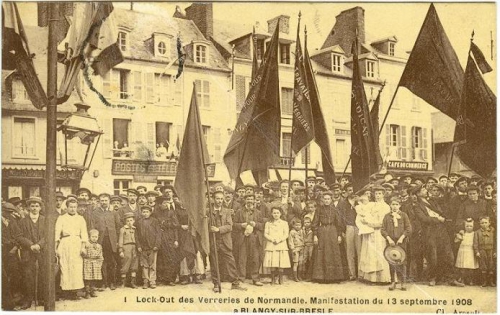

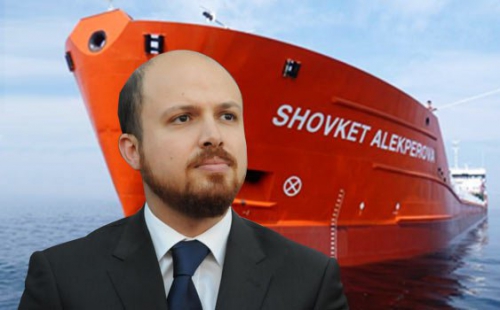
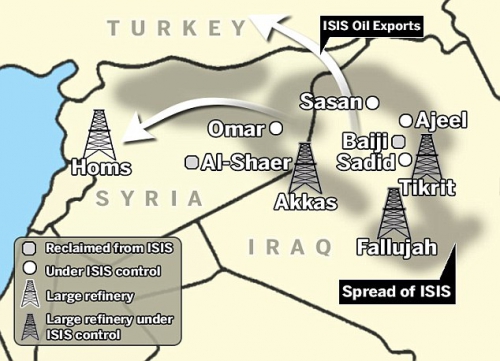
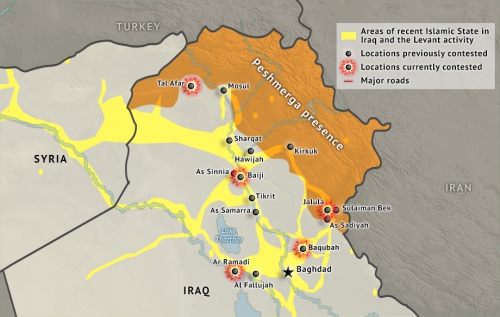
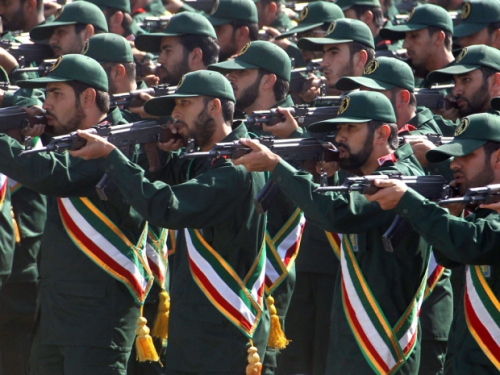

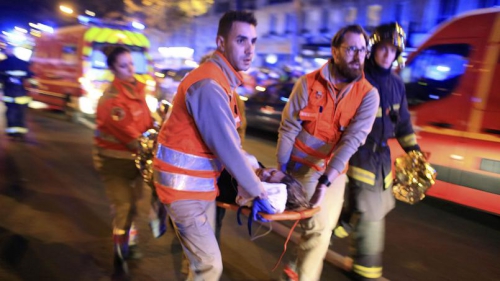




 Actuellement, pendant que la Russie cible les bastions de Daesh en Syrie, l’alliance militaire occidentale soutient encore les terroristes islamistes anti-assad. Cette contradiction doit être soulevée sur le plan politique et nous la soulevons : qu'est-ce exactement la « guerre mondiale contre le terrorisme » ? Exciter l’islamophobie ou entériner dans l'opinion publique le paradigme faux de la guerre de civilisation, une théorie aussi criminelle que le sionisme et qui sert en réalité à masquer d'autres intérêts en jeu dont celui en particulier de la sécurité d'Israël.
Actuellement, pendant que la Russie cible les bastions de Daesh en Syrie, l’alliance militaire occidentale soutient encore les terroristes islamistes anti-assad. Cette contradiction doit être soulevée sur le plan politique et nous la soulevons : qu'est-ce exactement la « guerre mondiale contre le terrorisme » ? Exciter l’islamophobie ou entériner dans l'opinion publique le paradigme faux de la guerre de civilisation, une théorie aussi criminelle que le sionisme et qui sert en réalité à masquer d'autres intérêts en jeu dont celui en particulier de la sécurité d'Israël.